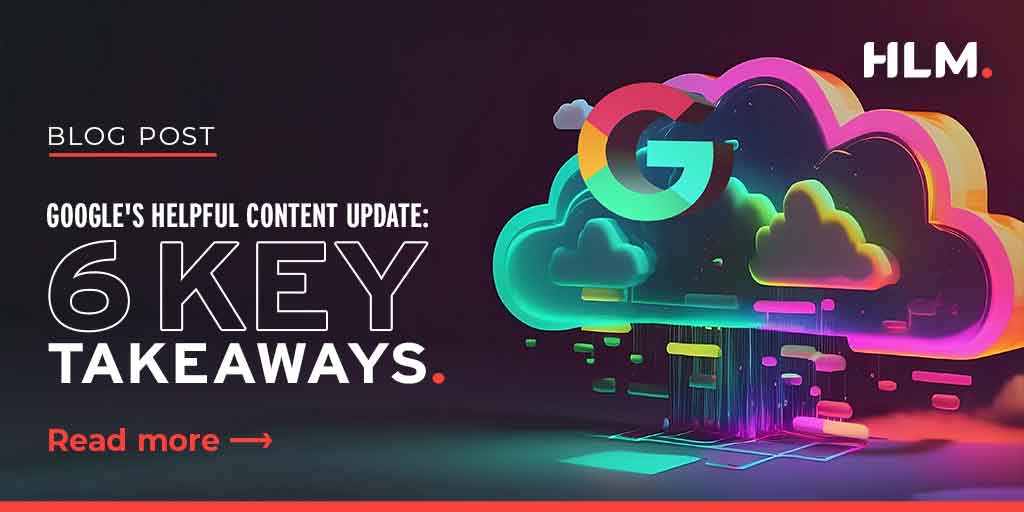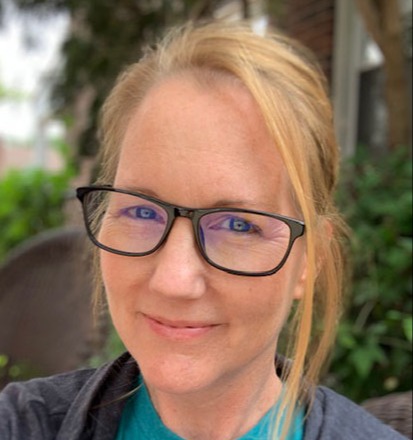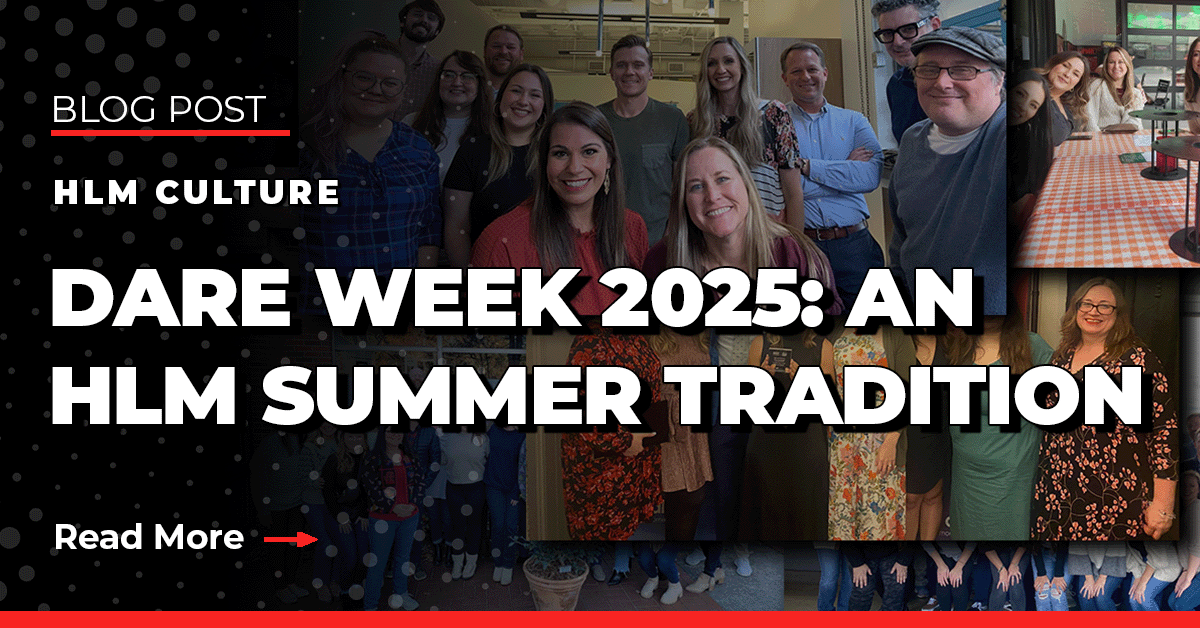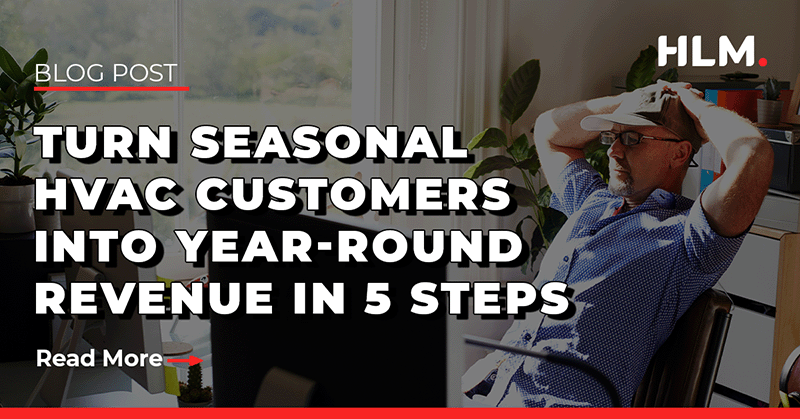![]() By Penny M
Jun 21, 2023 10:09:00 AM
By Penny M
Jun 21, 2023 10:09:00 AM

It’s no secret that Google Search is constantly at work, putting the most helpful content into the hands of its users. And Google’s most recent update, the Helpful Content Update, has arrived on the heels of a long list of updates geared toward rewarding original, valuable, engaging content with higher search results and more visibility.
Should you be worried about this one? Maybe.
A lot depends on the content strategy approach of your digital marketing agency. High Level Marketing is an SEO-focused digital marketing agency. But our approach to content marketing is based on the needs of our client's customers. We write for people and optimize for search engines.
With the rollout of Helpful Content Update, Google provided a new list of questions to help business owners determine if their website content was written for people or search engines.
Answering "yes" to some of the questions is a warning sign and means you should reevaluate how you're creating content across your site:
- Is the content primarily to attract people from search engines rather than made for humans?
- Does your content leave readers feeling like they need to search again to get better information from other sources?
- Are you writing to a particular word count because you've heard or read that Google has a preferred word count? (No, we don't).
- Are you producing lots of content on different topics in hopes that some of it might perform well in search results?
- Are you using extensive automation to produce content on many topics?
- Are you mainly summarizing what others have to say without adding much value?
- Are you writing about things simply because they seem to trend and not because you'd write about them otherwise for your existing audience?
- Did you decide to enter some niche topic area without any real expertise but instead mainly because you thought you'd get search traffic?
- Does your content promise to answer a question that has no answer, such as suggesting a release date for a product, movie, or TV show when one isn't confirmed?
If you read this list and think it's primarily geared toward blogs and review sites, there's some truth to that. But pay attention to the first three bullets, especially the first one. "Is the content primarily to attract people from search engines rather than made for humans?" That sounds a lot like a content marketing strategy decision.
You've probably come across websites with pages using this strategy. They are filled with keywords, GEO targets in every headline, and content sections that seem to say the same thing using different keyword combinations. Their pages attract you with great headlines at the top of search results but leave you feeling kind of empty (if you didn't bounce after skimming the headlines.)
If your website has any of these warning signs, contact High Level Marketing. We will get your website and your business back on track to earn visibility and rankings the right way.
6 Facts You Need to Know About Google’s Helpful Content Update
According to Google:
- The rollout starts this week and will take about two weeks to roll out fully.
- This update introduces a “site-wide” signal that will be included with other signals to determine page ranking.
- It uses a classifier to identify content with little value, low-added value, or “is otherwise not particularly helpful to those doing searches.”
- The classifier process is entirely automated, using a machine-learning model.
- The classifier runs continuously and could monitor new sites and sites identified as unhelpful for many months.
- As sites remove or update unhelpful content and the classifier determines unhelpful content has not returned in the long term, the classification will no longer apply.
Our experts break it down:
What is “helpful content?”
If you follow the trail of Google’s updates, you’ll notice each update is getting Google closer to its corporate vision “to provide access to the world’s information in one click." The Helpful Content Update will specifically target “content that seems to have been primarily created for ranking well in search engines rather than to help or inform people.”
Basically, Google wants you to stay in your lane. Publish original content in your area of expertise, avoid publishing or reposting content to get results based on trends, and above all else, publish content humans find engaging.
What types of content will feel the most impact?
According to Google, as reported by Search Engine Land, the types of content impacted the most include:
- Online Educational Materials
- Arts and Entertainment
- Shopping
- Tech-Related
To be clear, Google is not targeting those industries. They just happen to be areas with the most instances of “unhelpful” content. Google provided this search example to SEL:
“If you search for information about a new movie, you might have previously encountered articles that aggregated reviews from other sites without adding perspectives beyond what’s available elsewhere on the web. This isn’t very helpful if you’re expecting to read something new. With this update, you’ll see more results with unique information, so you’re more likely to read something you haven’t seen before.”
The Helpful Content Update is a weighted, “site-wide” signal.
Many of the Google algorithm updates are applied on a page-by-page basis. The Helpful Content Update is one of the few significant updates that affect the entire website. Google’s classifier determines if your website is publishing or includes a relatively high amount of unhelpful content, or any content explicitly written for ranking in search engines, your entire website will be impacted- including the “helpful” pages.
Although the signal is weighted, Google has not published what percentage of unhelpful content will flag the classifier or how hard it will hit a site with a lot of unhelpful content versus one with a small amount.
The Google classifier uses machine learning to identify ANY content written specifically for ranking with search engines.
Recovery can take months.
That’s right. Once your website is hit by the Helpful Content Update, it could take months to recover after you’ve removed or updated the content. Our best recommendation is to review Google’s guidelines for building a high-quality website with people-first content. Then, aggressively eliminate or replace all content that does not meet Google SEO and content standards, and don’t put it back after Google reclassifies your website. Then, continue to publish quality content that is relevant, industry-specific, and positions you as an industry authority. Remember E-A-T? Hint: Expertise, Authoritativeness, and Trustworthiness.
Remember, Google put three significant updates in motion, broad core updates, Product Reviews Updates, and now the site-wide Helpful Content Update. It is unlikely, but your website may surge with one and drop with another. As Google explained to GSQ, those updates operate on different systems, so it’s possible but rare since the algorithms are all trying to reward high-quality content or reduce low-quality content in search results.
Author: Penny M
Contact Us NowRecent Posts
When you're done with this post, check out our other content below for more Digital Marketing expertise
Contact Us Today
Complete the form below and receive a call within minutes.
Need faster results? Call us now at (888) 717-4249





